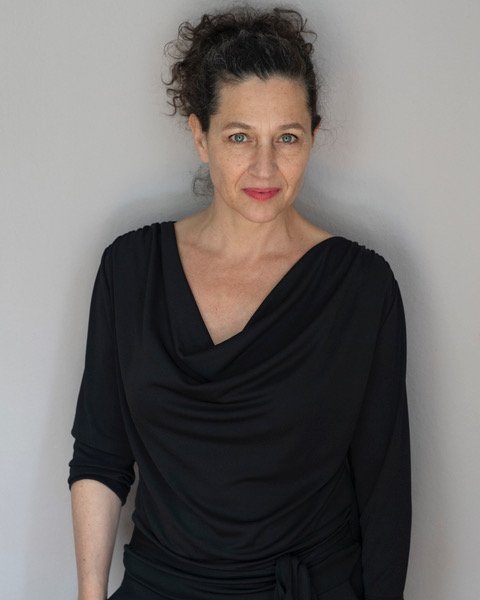Q&A with Filmmaker Delia Mayer
Delia Mayer
Delia Mayer, director, producer, actor, and singer, was born in Hong Kong and raised in Zurich, Switzerland, where she currently lives. She studied acting and singing in New York, London, Vienna, and Zurich. Delia has performed in lead roles on stage, film, and TV across Europe, the UK, Israel, and the U.S. She appears as Miriam Shapiro in Netflix’s Emmy-winning Unorthodox and in The Tattooist from Auschwitz and The World Divided. She made her directorial debut with the pilot of $HARE, executive produced by Rhea Seehorn.
This Q&A is part of the Bushwick Film Fest Filmmaker Q&A series
$HARE (2025)
What inspired you to create this film, and how did the initial idea come to you?
We keep seeing stories about wealth inequality everywhere, but rarely do we see anyone on screen wrestling with how to fix it from the inside. We realized if you can't see it, you can't be it. So we created Lena: someone who inherits a mining empire and thinks, "Actually, this system is broken - how do I fix it?" Because honestly, we need alternatives to the Musk-Bezos playbook, and maybe those alternatives might come from women who've been taking notes all along.
Why does this story need to be told now?
We desperately need alternatives to the current system where wealth concentrates at the top while everything else falls apart. Also, every time we pitched this story, someone said "make the protagonist younger" - which told us everything we needed to know about why this story matters.
Describe who you want this film to reach
People curious about alternatives to "profit at all costs" capitalism. And anyone who thinks campsite living in the Swiss Alps looks like the perfect revenge against corporate life.
How do you want people to feel after they see your film?
Entertained and tempted to research new economy models and ownership structures. We want them laughing (and crying) at the family dysfunction while secretly planning their own corporate rev6olution. Basically inspired to do what our hero does - to go out there and change things.
What was the biggest inspiration behind this film?
Real women like MacKenzie Scott and Marlene Engelhorn who are giving away fortunes with zero fanfare, plus every medieval manuscript about nuns who ran their own financial empires centuries before anyone thought women could handle money. History is full of women who figured out how to do wealth differently - we just don't tell their stories enough. And damn, do we need them right now!
What was your favorite part of making your film? Memories from the process?
Filming in sub-zero temperatures on a campsite while our Japanese catering team somehow created fusion masterpieces in a tiny campsite kitchen. Also, the moment we realized our "crazy" production model actually worked - equal pay, sustainable methods, collaborative decision-making - and we were making something beautiful without compromising our values.
What was a big challenge you faced while making this film?
Convincing industry people that women over 50 are worth watching (apparently this is controversial?). Plus, financing a story about dismantling capitalism when you need capitalist money to make it. The irony wasn't lost on us, but sometimes you have to work within the system to change it.
This Q&A is part of the Bushwick Film Fest Filmmaker Q&A series



